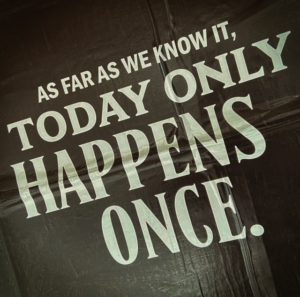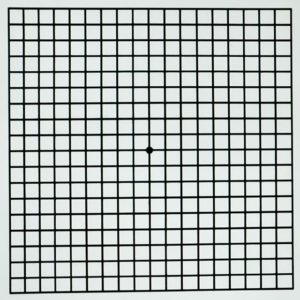 About a month back, some cutting words were tacked up on the community bulletin board on the side of a bus shelter in my neighbourhood.
About a month back, some cutting words were tacked up on the community bulletin board on the side of a bus shelter in my neighbourhood.
This City Sucks read the small sign with a big message that hundreds or thousands of people walked by every day.
I glanced at it daily.
The bus shelter itself, even without the sign, is a prime example of what the sign was talking about. Too often street refuse, takeaway coffee cups, empty liquor bottles, used syringes or condoms, dog shit (or human feces) littered the space.
It is unsightly and unsanitary to say the least.
The sign remained tacked up on the side of the shelter for more than a week, but not quite two.
People walked by, as did I.
Nobody immediately felt a pang of civic pride and thought to remove the message (I know that I didn’t). No city employee was moved to tear the thing off the board on one of the irregular service visits (I, perhaps, mistakenly imply that there are, in fact, service visits of any regularity).
The bus shelter is a representation of how the entire city looks and feels right now: tired, dirty and hazardous.
Toronto is broken and only slightly functional, much like the trash and recycling bin not far from the bus shelter at this, or any of, Toronto’s street corners.
Abject neglect is everywhere.
In late June Toronto is holding an election for mayor only as, this past February, Mayor John Tory resigned after admitting he had an inappropriate affair with a city staffer half is age.
Nominations have not yet closed but there are, so far, 73 or 75 candidates running for the position (the number goes up daily, and will, until nominations close this Friday).
It is a crowded field.
Among the contenders are three sitting city councilors, four former city councilors, a former police chief, a previous provincial representative, and an outspoken journalist, each of them spouting promises as empty as the next candidate.
None of the current and former city councilors who have chosen to run for the office now even bothered to contend last fall, believing the former and now-disgraced mayor was either doing a great job or was unbeatable in his third (successful) campaign. So, we are mainly seeing politicians who sided with the mayor’s actions and attitude or harshly opposed his representation.
Tory was popular, yes, but it was mostly after his resignation that city residents began to see his sins, secrets, and shortfalls.
Right now we need a mayor more than we need a mascot.
This election campaign will accelerate over the next six weeks. In the meantime, the city’s problems continue to stack up. Toronto is dealing with more than a deficit and budget shortfall, a provincial government not doing what it is supposed to, and a Federal government doing as little as it can.
This country’s largest city has a lot of big problems.
Toronto is a violent, deadly city with shootings or stabbings daily (or nightly), increased automobile theft and carjacking, ever-increasing homelessness and an opiate and street drug crisis. With soaring record-high rents and an apparent affordable housing shortage, an infrastructure implosion and traffic gridlock that results in some of North America’s longest commute times, and the public transit system is both dangerous and unreliable.
On top of everything, Toronto is as messy as it is dirty. The biggest mess might be political.
This city, right now, sucks. It’s going to take a whole lot more than a new mayor to reverse its fortune.
It will take a civic pride which, obviously, is lacking.
© 2023 j.g. lewis



